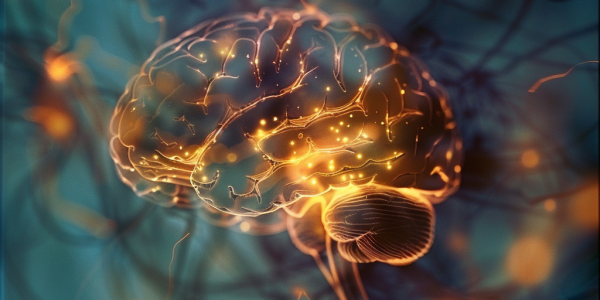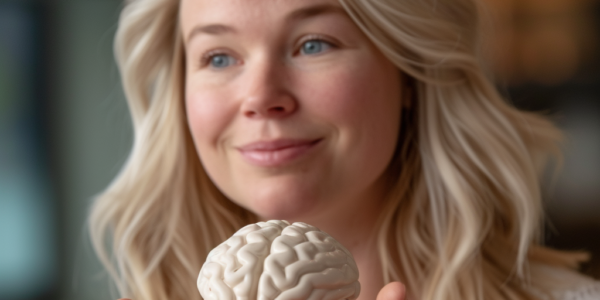Study Reveals Neurogenesis’s Key Role in Cognitive Functions and Epilepsy
A groundbreaking study published in Cell Stem Cell reveals the crucial role of neurogenesis in adult brains, particularly its impact on verbal learning and memory. Conducted by researchers at USC, the study highlights how generating new neurons can mitigate cognitive decline, especially in patients with drug-resistant epilepsy. The findings suggest that enhancing neurogenesis may lead to innovative therapeutic strategies for improving cognitive functions in adults suffering from epilepsy and related disorders.
Breakthrough Gene Therapy Offers Hope for Rare Genetic Epilepsy
Groundbreaking research from NUS Medicine reveals a promising gene therapy for a rare genetic form of epilepsy, targeting the KCNA2 gene mutation. This innovative approach uses Gapmer antisense oligonucleotides to reduce abnormal brain activity, offering hope for personalized treatments in epilepsy management. Discover how this advancement could transform the lives of patients with genetic epilepsy.
Ovid Therapeutics Expands Scientific Advisory Board to Enhance Neurology Research
Ovid Therapeutics Inc. has expanded its Scientific Advisory Board with leading neurologists and neuroscientists to enhance its innovative pipeline for treating rare epilepsies and brain disorders. The board, chaired by Professor Robert Langer, aims to advance research on compounds targeting ROCK2 inhibition and KCC2 activation, potentially transforming treatment for complex neurological conditions.
Study Finds Newer Epilepsy Medications Do Not Impact Children’s Creativity During Pregnancy
A recent study published in Neurology explores the impact of newer epilepsy medications on children’s creativity when taken during pregnancy. While these drugs do not seem to affect creative thinking abilities, higher concentrations in the mother’s bloodstream may compromise children’s executive function. Expectant mothers with epilepsy are advised to carefully adjust medication dosages to balance seizure control and minimize potential adverse effects on the developing child.
Revolutionary Brain Implant Treats OCD and Epilepsy
American Amber Pearson used to wash her hands until they bled, terrified by the idea of contamination from everyday items, a debilitating result of her obsessive compulsive disorder (OCD). But the repetitive rituals of her condition are largely consigned to…
MHRA updates on study of risks associated with children born to men taking valproate
The Medicines and Healthcare products Regulatory Agency (MHRA) has provided an update on a new study regarding the risks associated with children born to men taking valproate. The new safety measures introduced in the UK are applicable to both male…






